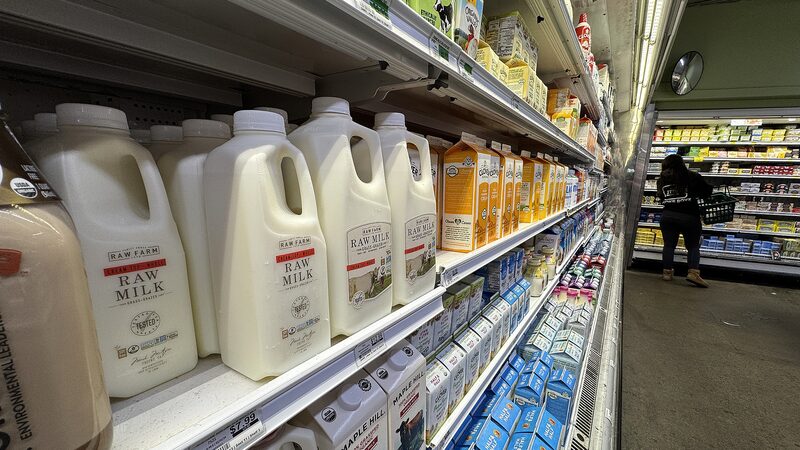The World Health Organization (WHO) has issued a call to action for nations worldwide to intensify their surveillance efforts against bird flu, following the detection of the first H5N1 avian influenza case in a child in the United States.
Maria Van Kerkhove, WHO's Epidemic and Pandemic Preparedness and Prevention Director, emphasized the need for robust monitoring systems during a press conference. \"What we really need globally, in the U.S. and abroad, is much stronger surveillance in animals: in wild birds, in poultry, in animals that are known to be susceptible to infection, which includes swine, which include dairy cattle, to better understand the circulation in these animals,\" she stated.
H5N1 first emerged in 1996, but since 2020, the number of outbreaks in birds has surged exponentially. This increase coincides with a rise in infections among mammals, including wild birds and land and marine mammals. The strain has been devastating for the poultry industry, resulting in the deaths of tens of millions of birds globally.
While the impact on animals has been severe, human cases of H5N1 have been relatively rare and mostly mild. Recent cases in Europe and the United States have not led to widespread human illness, but the WHO warns that continued vigilance is essential to prevent potential future outbreaks that could pose greater risks.
The detection of H5N1 in a young child in the United States marks a critical moment for global health authorities. Enhanced surveillance can help track the virus's spread, understand its transmission patterns, and implement measures to protect both animal and human populations.
Experts advocate for a One Health approach, recognizing the interconnectedness of human, animal, and environmental health. By strengthening surveillance and response strategies, countries can better prepare for and mitigate the impacts of avian influenza and other zoonotic diseases.
As the world continues to navigate the challenges of pandemic preparedness, the WHO's call serves as a reminder of the importance of global cooperation and proactive measures in safeguarding public health.
Reference(s):
cgtn.com



